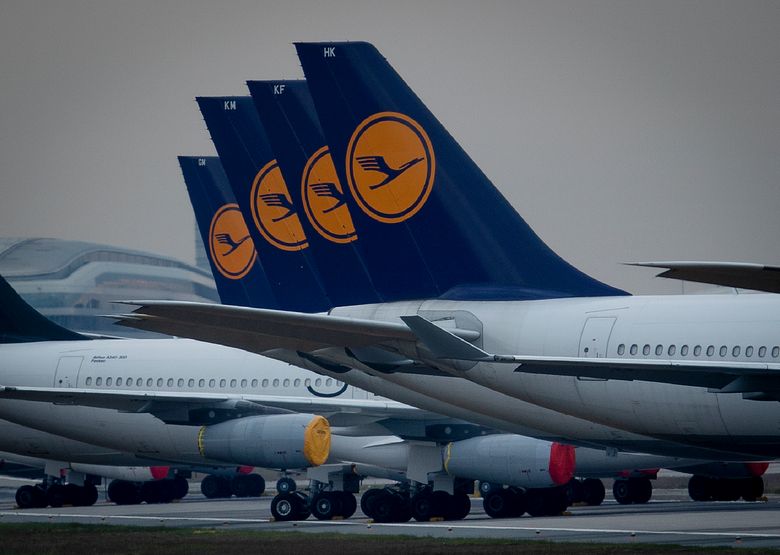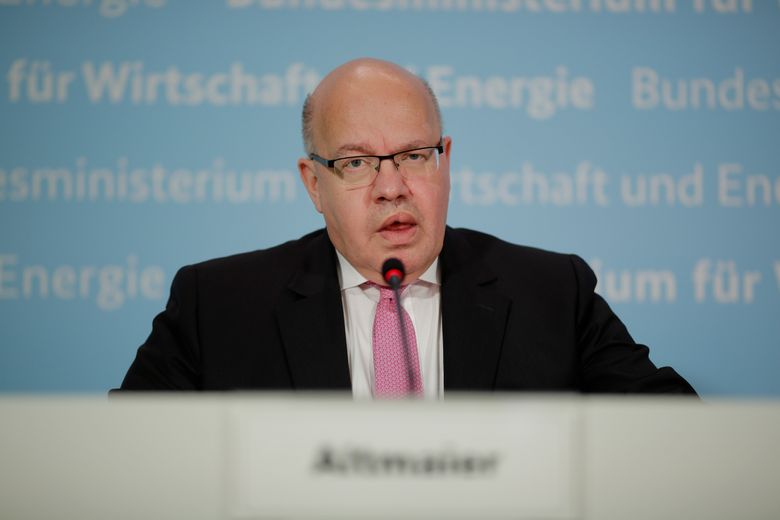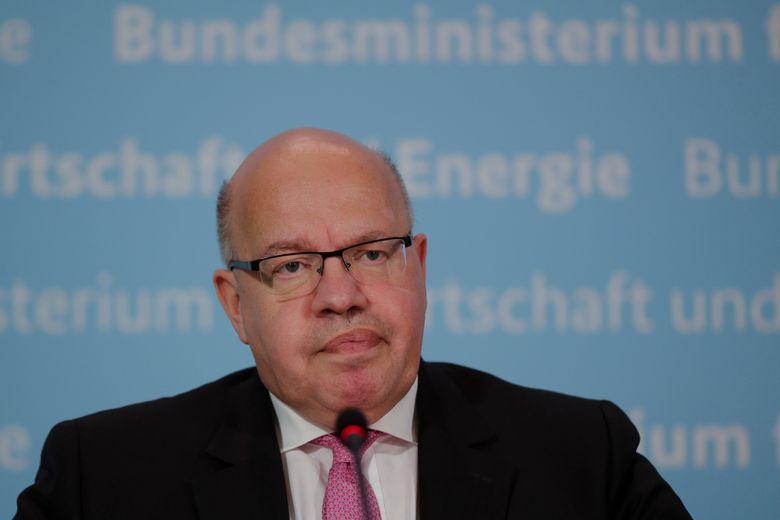Germany approves 9 billion euro aid package for Lufthansa
by DAVID McHUGH


FRANKFURT, Germany (AP) — Germany on Monday approved a 9 billion-euro ($9.8 billion) aid package for stricken airline Lufthansa to keep a major employer going through the turbulence of the coronavirus pandemic. But officials said Berlin was still in talks with the European Union’s executive commission about possible conditions.
Economy Minister Peter Altmaier said the aid package is a “sustainable and reasonable” solution to keep the company going. “We have also ensured that over 100,000 people need not live in fear of imminent loss of their jobs,” he said at a briefing in Berlin.
Conditions include the airline not paying a dividend and restrictions on management pay. The package conditions would also let the government block the possibility of an unwanted takeover. He said the government wasn’t planning to interfere in the business of running the airline and intended to sell the stake eventually.
Altmaier said the government was in talks with the European Commission over its approval for the deal but declined to say what was at issue.
Lufthansa CEO Carsten Spohr told employees April 24 that the company was losing cash at the rate of a million euros per hour and that passenger numbers had fallen to 1 percent of previous levels. He said that the airline business was the first sector hit by the virus outbreak and it would be one of the last to exit it.
German business publication Handelsblatt reported that German Chancellor Angela Merkel was resisting a push by the commission to make Lufthansa give up prized landing slots at its Frankfurt and Munich hubs. Altmaier said he did not want to comment on media reports.
Advertising
Lufthansa, which has lost most of its passenger business due to travel restrictions during the outbreak, said the government’s fund has agreed to take non-voting holdings in return for 5.7 billion euros, plus a 3 billion-euro credit line and 300 million euros in share purchases.
That would leave the government fund with a 20% stake in the company and two seats on the board of directors. One of those seats would be on the audit committee. The airline said, however, that the government agreed not to vote at shareholder meetings unless there was a takeover of the company.
The government’s stake is below the level needed to block major decisions, but it has the option to raise it to a blocking stake of 25% plus one share in case of an attempted takeover of the company. Under the package, the government would sell its stake at market price by the end of 2023, on condition that key parts of the aid have been repaid and the government can sell the shares for more than it paid.
The aid package would also require approval by a shareholder meeting.
DAVID McHUGH